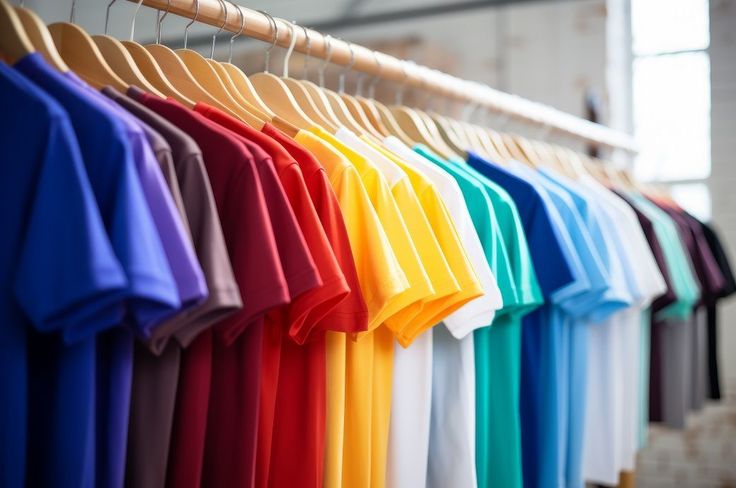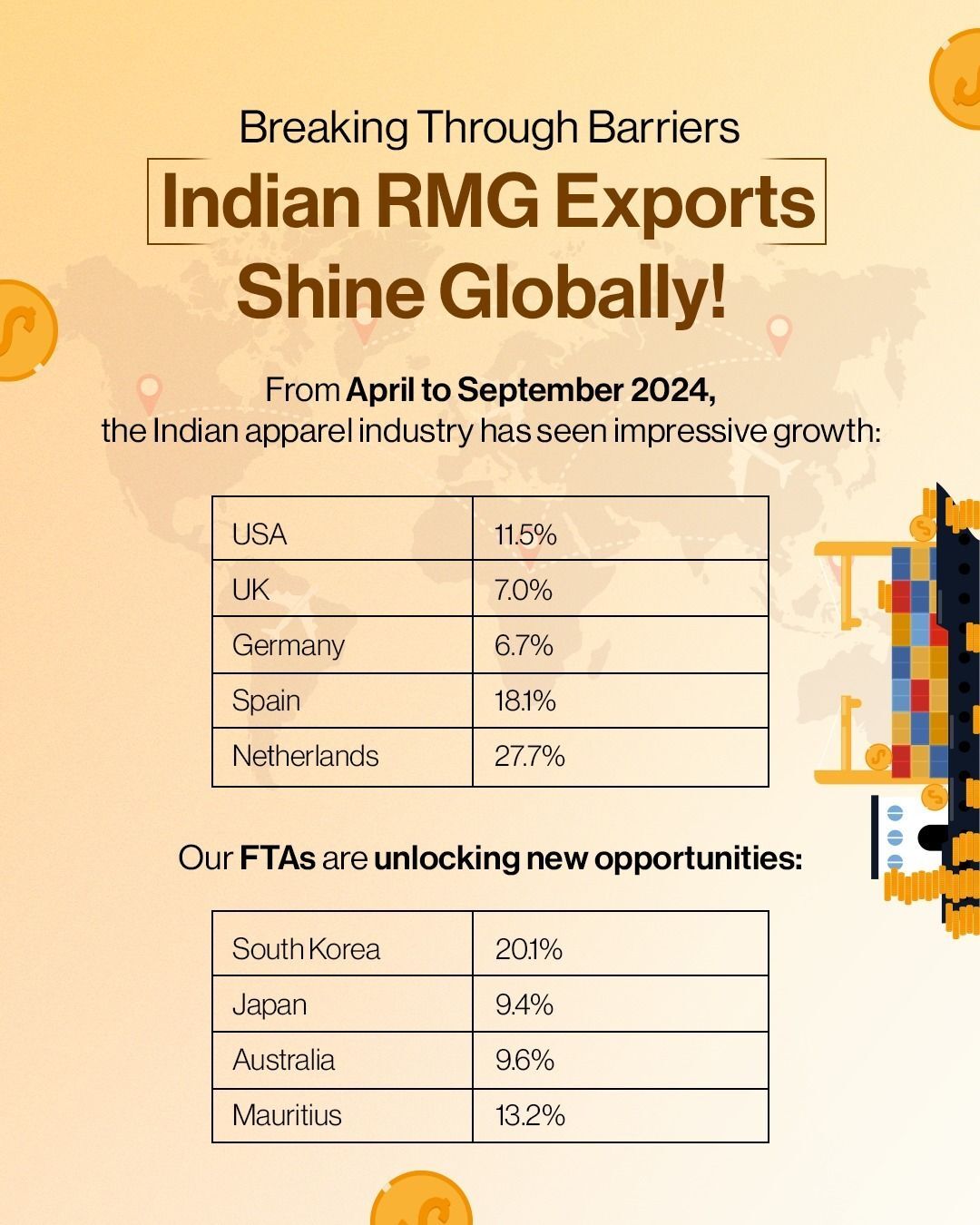 Recent estimates by McKinsey indicates, around one third of global fashion players operating in Bangladesh are not likely to survive the Coronavirus pandemic whose impact is hitting places where companies and employees cannot always access government-funded emergency support.
Recent estimates by McKinsey indicates, around one third of global fashion players operating in Bangladesh are not likely to survive the Coronavirus pandemic whose impact is hitting places where companies and employees cannot always access government-funded emergency support.
To survive, instead of placing orders as they normally do, retailers across Bangladesh are trying to unpick existing contracts. Peacocks has refused to pay for over 43,000 pairs of jeans that Denim Expert’s employees in Chittagong have already sourced, sewn or shipped. Similarly, Arcadia has refused to pay the company for its orders worth $2.5 million.
Billions lost due to lack of payments
Till now, Bangladesh has lost out on over $3billion worth of payments for T-shirts, shoes and designer dresses already produced or sourced since the outbreak of COVID-19, reveals BGMEA. Over half of the workforce has been laid off. In April, the government granted 65 per cent workers wages in the form of loans that they are expected to repay. Some companies like the Baird Group have taken longer than usual to pay its suppliers as its flow of money has slowed down. In recent decades, Bangladesh, Vietnam and Sri Lanka have become global production hubs for much of the rich world’s clothing, accessories and footwear.
reveals BGMEA. Over half of the workforce has been laid off. In April, the government granted 65 per cent workers wages in the form of loans that they are expected to repay. Some companies like the Baird Group have taken longer than usual to pay its suppliers as its flow of money has slowed down. In recent decades, Bangladesh, Vietnam and Sri Lanka have become global production hubs for much of the rich world’s clothing, accessories and footwear.
Their success has been accentuated by fashion retailers encouraging more frequent consumption of fast fashion — to drive revenue, believes Patsy Perry, Senior Lecturer in fashion business at the University of Manchester. These retailers have always had the upper hand in their relationships with Asian manufacturers, with demands for retroactive discounts.
Despite this torrid experience of bricks-and-mortar retailers in recent times, the global fashion industry is one of the ‘rare economic success stories’ of the past decade, views McKinsey. However, behind this success is a story of extreme consolidation. In 2019, 97 per cent profits in the industry were generated by just 20 companies, including Inditex and Nike.
Slow response by retailers
H&M is one of the first global retailers to promise to support manufacturers and workers. However, some retailers have been accused of acting too slowly. A case in point is the UK high street retailer Primark which promised to pay its workers affected by cancelled orders in April. However, wages account for only about 15 per cent of the £256m worth orders that Primark cancelled with Bangladeshi manufacturers, says BGMEA.
Some argue many of them are simply not in a position to pay suppliers. He revealed his clients are already trying to shorten the time it takes for an ordered shirt to arrive in shops, boosting their flexibility in the face of demand shocks. This is in tune with those who have urged retailers to return production closer to home but, says Carry Somers, Designer and Founder of industry campaign group Fashion Revolution. However, Paul Lister, Head of Ethical Trade at Primark, does not expect the pandemic to have an impact on where the retailer manufactures its clothes in the future. Unless retailers pay for clothes already in production, they will have no business to save.












